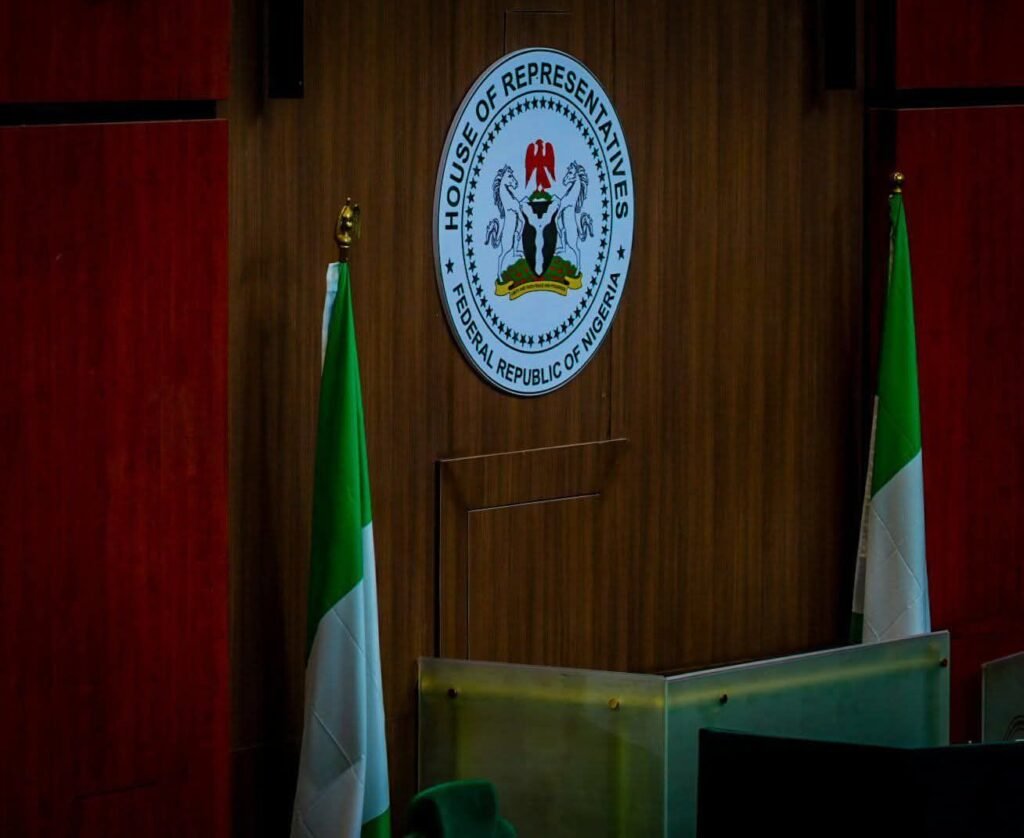The House of Representatives has put forward a bold proposal to conduct all elections—presidential, senatorial, House of Representatives, gubernatorial, and state assembly—on a single day in 2027, as part of sweeping amendments to the Electoral Act. The proposed changes, outlined in the 2025 Electoral Bill, aim to repeal the Electoral Act No. 13, 2022, and introduce new regulations for federal, state, and Federal Capital Territory area council elections.
The bill, titled “A Bill for an Act to Repeal the Electoral Act No. 13, 2022 and to Enact the Electoral Act 2025,” includes several key reforms. If passed, the Independent National Electoral Commission (INEC) would gain the authority to hold all elections simultaneously, 120 days before the end of the current officeholders’ terms. Additionally, election petitions would need to be resolved within 90 days post-election.

To address frequent by-elections triggered by the resignation or death of state and National Assembly members, the House proposes that the political party of the departed member nominates their successor, reducing the need for costly and disruptive by-elections.
The bill also introduces stricter regulations for political parties and campaign financing. Political associations seeking to register as parties would be required to pay a N50 million fee. Campaign spending limits are set to increase significantly: presidential candidates would be capped at N10 billion (up from previous limits), governorship candidates at N3 billion (previously N1 billion), Senate candidates at N500 million, House of Representatives candidates at N250 million, state assembly and chairmanship candidates at N30 million, and councillorship candidates at N10 million. Additionally, no individual or organization would be permitted to contribute more than N500 million to a candidate’s campaign.
The proposed changes have sparked mixed reactions. Supporters argue that a single election day would streamline the electoral process, reduce costs, and minimize disruptions, while critics warn that the increased spending caps could favor wealthier candidates and deepen political inequality.
The bill is currently under review in the National Assembly, with public hearings expected to follow. If approved, the changes could reshape Nigeria’s electoral landscape ahead of the 2027 general elections. This is a developing story, and further updates will be provided as the legislative process unfolds.
Copyright Warning!
Disclaimer
Just to let you know, comments expressed here do not reflect the opinions of OHAFIATV News or any employee thereof. Also, every opinion expressed in any article is strictly that of the author(s), except where otherwise stated.
ATTENTION: Stay informed and ahead of the curve! Follow OHAFIATV on WhatsApp for updates! CLICK HERE!


